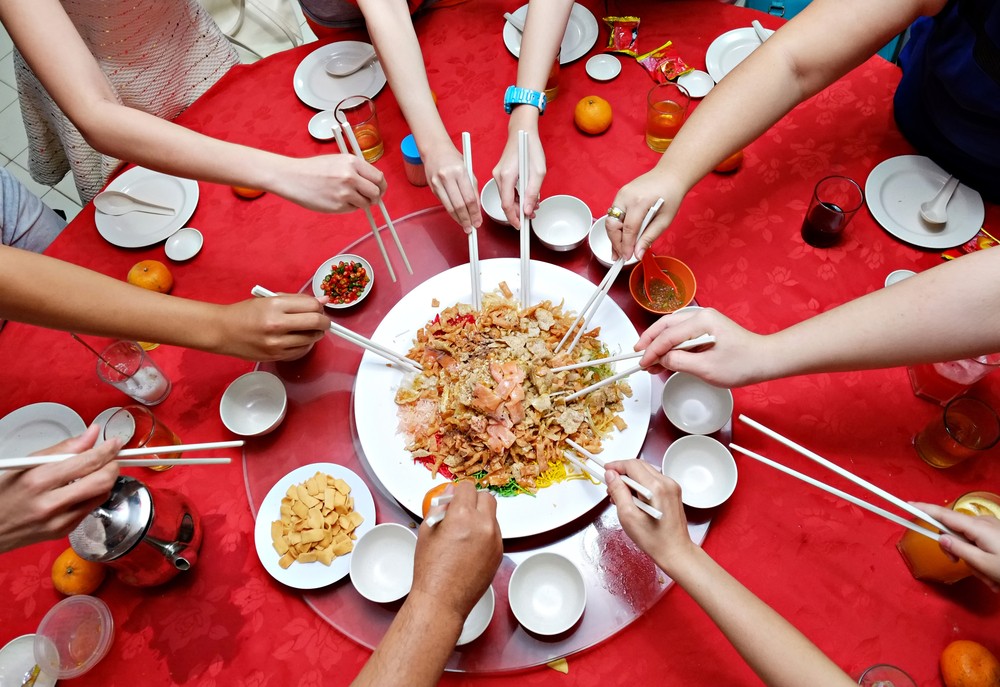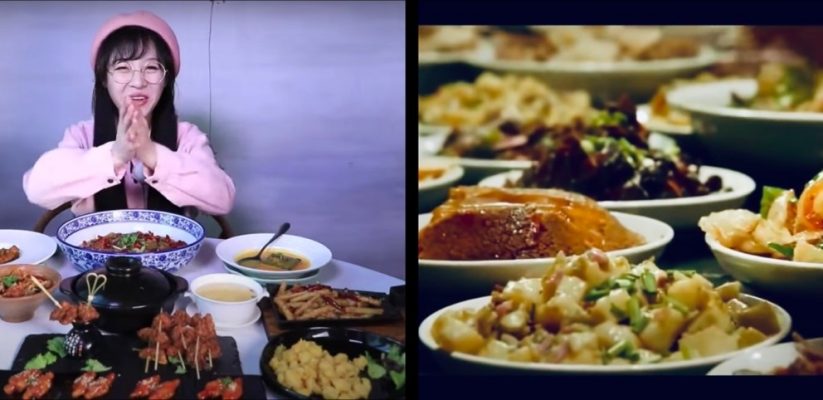20 Good Facts To Culinary Experiences Across China
Wiki Article
Top 10 Suggestions For Local Specialties To Shop In China
1. Do your research before you goTip Find out what each region is famous for. Suzhou for instance, is known for its silk, Jingdezhen is famous for its porcelain and Tibet because of its thangkas.Pro: It helps you focus on your shopping and prevents time wastage.Con: You should be familiar with highlights in the region.
2. Buy local to ensure authenticityPurchase directly from the source to ensure authenticity and quality.Pro: Helps local artisans and helps reduce counterfeiting.Cons: You might have to travel in less crowded zones or rural.
3. Take a look at the Artists' Workshops.Pick small workshops or artisan hubs over general stores.Pro: Gives you a greater knowledge of the craft, and also guarantees that you're purchasing directly from the creators.Cons: The cost of handmade products is higher and it isn't easy to bargain.
4. Incorporate Cultural Meanings into the DiscussionDiscover the historical context of items like jade carvings, cloisonne and calligraphy.Pro: Increases appreciation for the item and provides meaning.Pro: Could require some time to comprehend the cultural nuances.
5. Check for QualityMake sure that the items you purchase, like tea, ceramics, or embroidered products, meet your quality standards.Pro Product: This will guarantee you receive exactly what you pay for.Cons: A certain amount of expertise is required to identify high-quality goods.
6. Beware mass-produced productsTips: Search for original hand-crafted products rather than replicas that are mass-produced.Pro: You'll take home an extremely important and valuable souvenir.Con: Quality workmanship is expensive and hard to find.
7. Compare PricesVisit several shops or stalls in order to find the best price for the same item.Pro: Helps you determine acceptable price points and prevents being overcharged.Con: It can be time-consuming in large markets, particularly.
8. Teas from Trusted SuppliersTip Tips - In areas like Hangzhou or Fujian you can visit trusted Tea Houses in Longjing and Tieguanyin.Pro: Assures authenticity and superior quality.Con: High-quality tea can be expensive and is difficult to confirm for newcomers.
9. Learn to recognize Local CustomsSome sellers will expect you to haggle or consider it a part of the process.Pro: It adds a fun cultural dimension to shopping.Misunderstanding of customs could cause uncomfortable situations.
10. Pack judiciouslyTake into consideration how you intend to move your delicate or bulky regional goods such as silk and ceramics.Pro: Guards the products and ensures they arrive in good shape.Con: Increases logistical difficulties and costs that could be associated with shipping.
Explore local specialties and reap the benefitsSpecialty Souvenirs that are Unique - Local specialties are unique and can't be found anywhere else.Cultural Immersion: By buying local products, you can connect with the heritage and craft of your region.Direct purchases made from artisans help local economies.Cons of Shopping Regional SpecialtiesConcerns about authenticity: the possibility of purchasing copyright products or versions of inferior quality.Moving heavy and fragile items can pose a challenge.Genuine regional goods, particularly those made by hand, aren't cheap.With these suggestions You can shop with confidence for local specialties, making sure you make memorable and meaningful purchases from your trip to China. Check out the top rated regional Chinese cuisine highlights for site info including delicious Chinese dishes to try, famous foods in China cities, delicious Chinese dishes to try, discover China regional dishes, discover China culinary delights, a tour of China regional cuisine, famous foods in China cities, China culinary hotspots, a guide to China food scene, discover the tastes of China cities and more.

Top 10 Tips For Tipping In China
1. Know that Tipping is Not A Customary Tip: Tipping is not a common practice in China particularly at local restaurants or smaller eateries.Pro saves you money and aligns with cultural norms.Cons: Travelers who are used to paying a tip in their countries of origin may feel uncomfortable.
2. Look up Service ChargesTips: Many upscale hotels and restaurants include a 10%-15% service charge in their bill. It is not necessary to give a tip.There's no need to add a tip or figure.Con: Service costs may not always be clearly indicated.
3. Please only use this tip only when it is appropriate.Tipping is often expected of hotel employees as well as tour guides and drivers in areas that have lots of tourists or in hotels catering to guests from abroad.Pros: A small gesture of appreciation can be a powerful way to show gratitude for the exceptional service.Con: Inconsistent practices could lead to confusion about the appropriateness of tipping.
4. Provide Tips in a discrete WayAvoid being rude or awkward by tipping gently.Pro: Deters unwelcome attention or embarrassment.Pros: A few people might decline to tip you and this can create awkward situations.
5. Use Cash as TippingTips: Pay cash instead of adding a tip to your bill, if the tipping method is acceptable. The majority of payment systems in China do not have the option of tipping.Cash is widely accepted and simple to use.Con: You must carry small denominations which may be a hassle.
6. It is also possible to give a tip to businesses that cater to touristsTipping is expected or appreciated in places where Western tourists go, such as international restaurants and guided tours.Pro: Aligns well with expectations from Western service providers.Con: It encourages an gradual shift toward tipping, which is not necessary in cultures where it has been done for a long time.
7. Avoid Tipping Taxi DriversTipp: Tipping taxi drivers to pay for their services isn't common. Instead, you can add a few dollars to make it more convenient.Pro: Shows that you're willing to adhere to local customs.Con: Rounding up may be misinterpreted as a way to help in non-tourist areas.
8. Don't forget to pay your tour guide a small tipIn cities such as Beijing and Shanghai, it is normal to give a tip to the driver or guide on private or group tours. A modest amount (e.g. 100-Y=50) is typically valued.Pro: Recognizes efforts and encourages service.Cons: Creates expectations that tourists in the future will give more.
9. Avoid Over-TippingIt isn't necessary to tip over a certain amount (5-10%). Tipping huge amounts of money is typically seen as being excessive or unnecessarily generous.Pro: Prevents offending locals or overspending unnecessarily.Pro: Tipping generously could cause you to feel uncomfortable when holding back.
10. Research Ahead of TimeTips: Find out about the specific tipping practices in the region or establishment before arriving. Certain provinces, businesses or other establishments catering to foreigners may have different expectations.Pro: You will be able to easily adapt to local customs and avoid misunderstandings.Con: Needs to take time to study each place or location.
In China, there are many benefits to tipping.Cost savings are that you do not need to pay a gratuity.Cultural adaptation (Alignment with tradition) Promoting respect and integration.Simplicity - No need calculate or carry additional cash.Help service providers focus on quality rather than suggestions.The cons of Tipping practice in ChinaTourists might be unfamiliar with the tipping culture.Unfortunate Situations: Giving a tip inappropriately might cause discomfort or cause confusion.Tipping has been introduced into certain tourism areas and has resulted in inconsistent practice.The act of leaving a tip can be a way to express your gratitude for a service.Utilize these suggestions to ensure respect for culture as well as a great dining experience. Have a look at the top rated taste the regional flavors of China for website info including authentic Chinese culinary adventures, discover China culinary delights, savoring the best of Chinese cuisine, uncover China food traditions, savor China regional food specialties, discover China regional dishes, a taste of China best local foods, top Chinese food experiences, explore the best local eats in China, culinary tours of China best cities and more.
